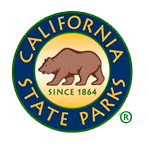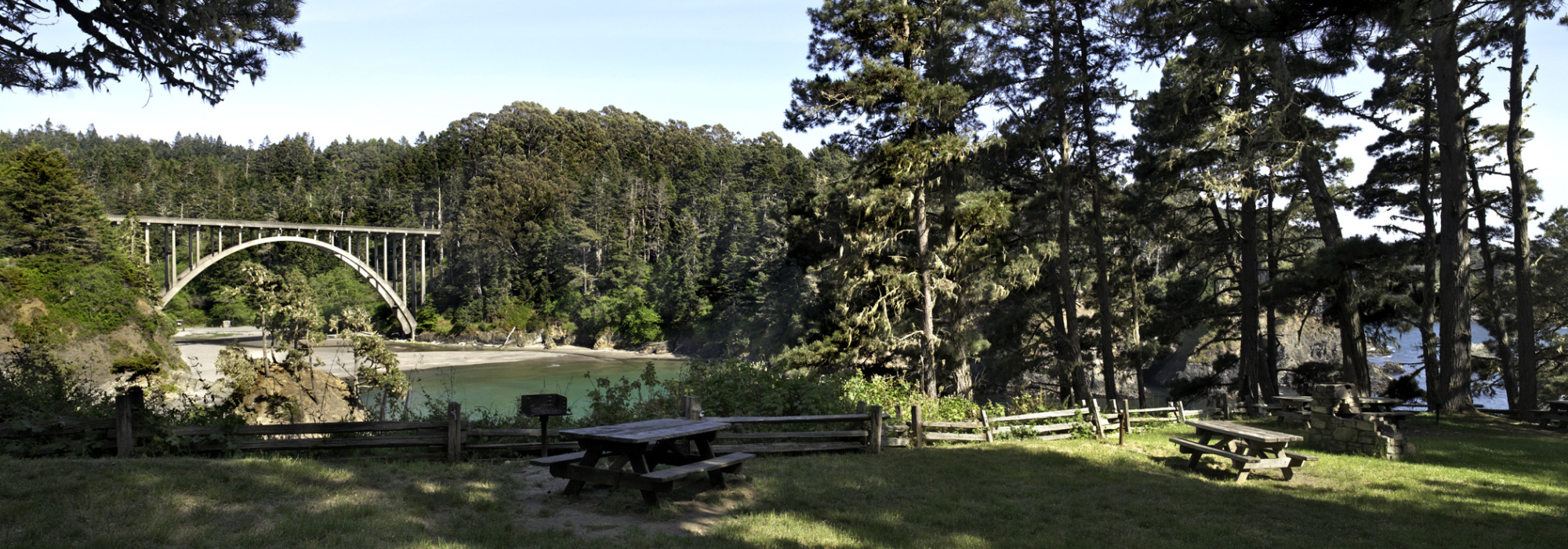Camping Safety Tips
Camping
Prior to your trip:
- Check your vehicle before the trip and make sure it is in good condition for any mountainous or desert road conditions you may encounter.
- Learn about the types of wildlife to expect in the area by going online to the park’s webpage. Be able to identify venomous snakes that may be found in the area and any appropriate first aid treatment.
- Make sure your camping equipment is in good shape.
- If you have any medical conditions, check with your health care provider for approval and pack more prescription medication than you might need in case your trip is unexpectedly extended.
- Check your first aid kit to ensure contents have not expired.
- Review the skills, equipment and supplies you will need for the recreational activities you are planning.
- Arrive early so you have plenty of time to check your campsite and set up camp before dark.
At the campsite:
- Check your site for potential hazards, such as ant beds, poison oak, nearby cliffs, etc.
- Take precautions to protect your food and equipment from bears and other animals.
- Make sure your tent is at least 15 feet upwind from grills and fires. Maintain at least 3 feet of clear area around the tent, free from leaves and dry grass.
- Use only battery-operated lights in or near tents and never use heaters that emit carbon monoxide in your tent or camping vehicle.
- Mark tent stakes and poles with bright fabrics or tennis balls to avoid tripping.
- Never refill the 1-pound propane cylinders commonly used for camping, which are labeled as U.S. Department of Transportation (DOT) 39 cylinders. These types of containers were not designed to withstand the stresses of emptying and refilling, and this practice is extremely dangerous and can lead to leaks, fires and even explosions, according to DOT. To learn more, click here to watch this DOT video.
For additional safety tips, visit our hiking safety tips.
Campfires
- Build an open campfire. Select a clear area away from fuels such as logs, brush or decaying leaves and needles.
- Do not build the fire larger than necessary.
- Never leave fire unattended and never leave children unattended around a fire.
- Always keep a shovel and bucket of water nearby at all times.
- Extinguish campfire completely before leaving.
For more information about campfire safety, also visit the CAL FIRE website.


